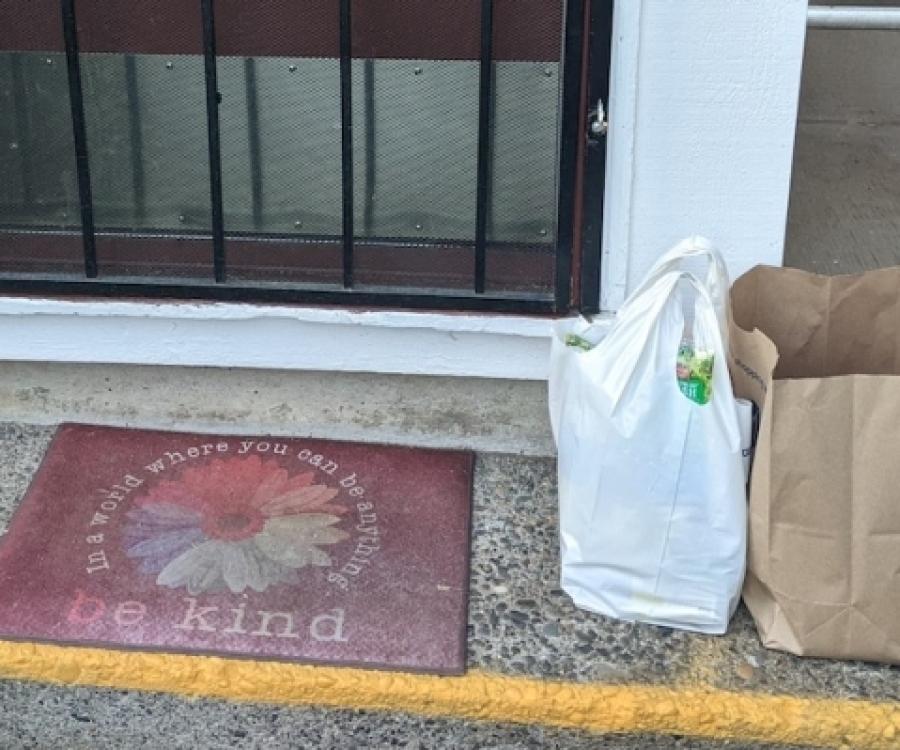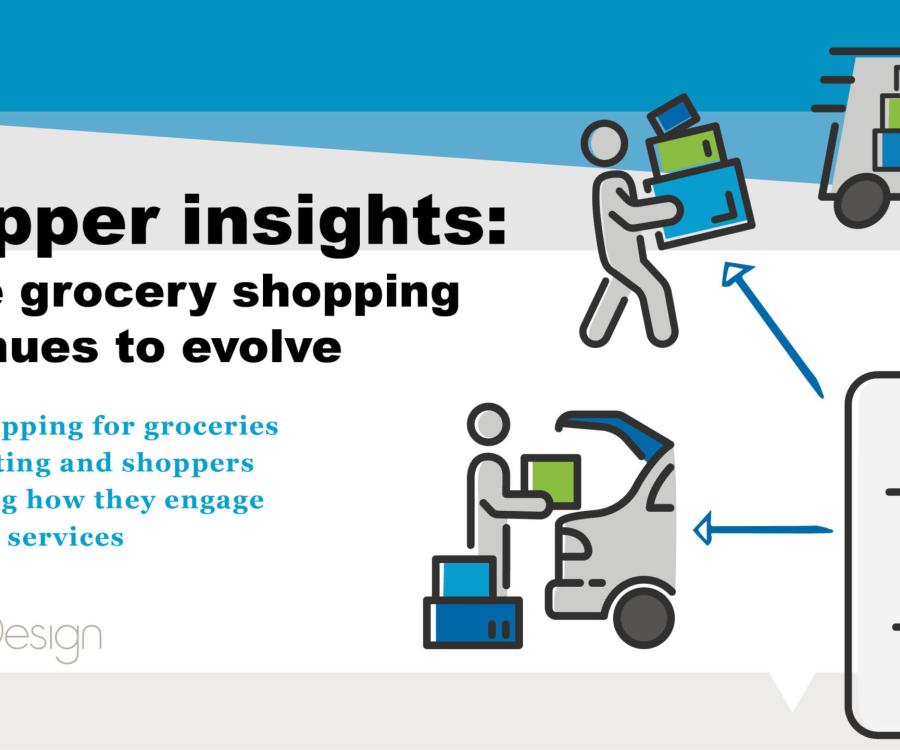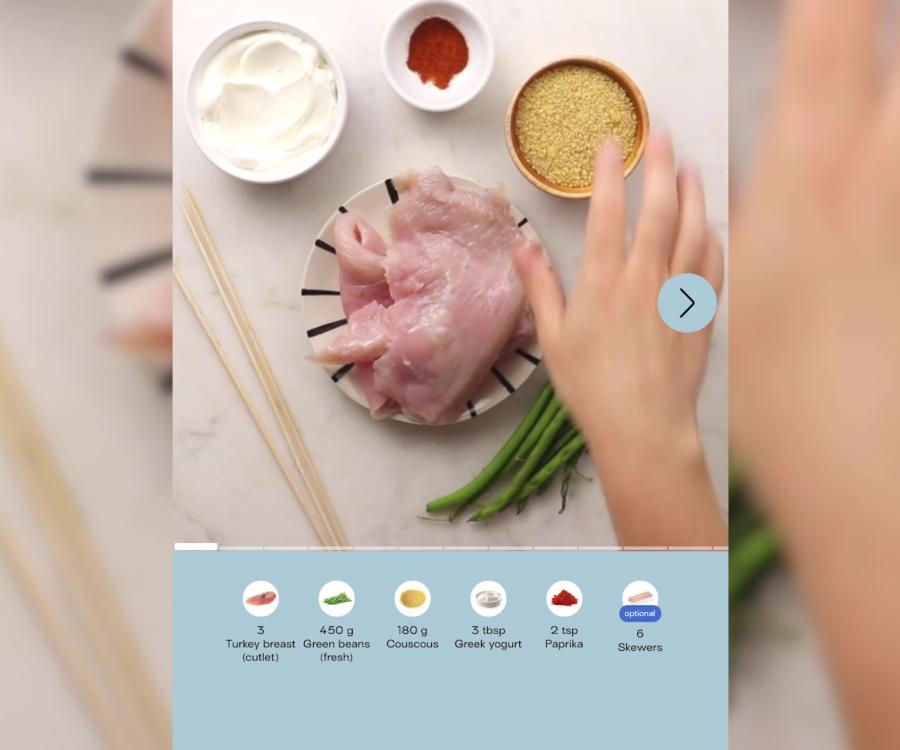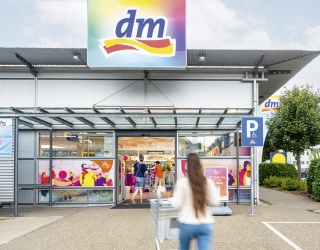Food and online retail – the two terms don't always go together in Germany. And then e-commerce for seniors on top of that? It is precisely in this niche that specialty mail order company Jungborn wants to establish itself. And it has been doing so successfully – for 90 years!
As early as 1931, the mail-order company near Bremen shipped high-quality foodstuffs – coffee, for example – throughout Germany. The target group mainly included consumers over 60 years of age. With this history and the Silver Generation as its audience, Jungborn has successfully arrived in the 21st century. We asked Managing Director Jürgen Knecht how Jungborn manages this balancing act.

Mr. Knecht, you have relied on the printed catalog for 90 years. One of the classics par excellence, the IKEA catalog, has now been discontinued. But you remain loyal to this channel?
Jürgen Knecht: Absolutely. It has to be said that although the IKEA catalog has been discontinued, IKEA will not completely abandon print mailings. Impulses and inspiration are still needed, just in a more targeted way.
Like all larger companies, we also conduct consumer research. This involves investigating whether the catalog is the triggering order option or whether regular targeted mailings work just as well at a fraction of the cost. Based on that the decisions are made.
You also launched your online store 20 years ago. How did the decision come about back then?
At the time, the new online store was just one of many ways to order, and it wasn't advertised aggressively at the beginning. The owner at the time was even skeptical about whether the Internet would catch on at all, but then decided to invest anyway.
When I became Managing Director more than ten years ago, it was clear that the online area had to be developed independently; online stores offer so many opportunities for users. Since then, the web store has established itself as an independent channel, which we are also promoting with specific measures, products and offers.
How have you made your online store senior-friendly?
Usability is of course a big issue for us, as is the checkout. All these processes have to be designed in such a way that an older generation can also navigate them easily. For example, we have adapted the prefabricated checkout process of our store platform and optimized it for the target group with our own programming. We also have a hotline for general and technical questions that is well frequented.
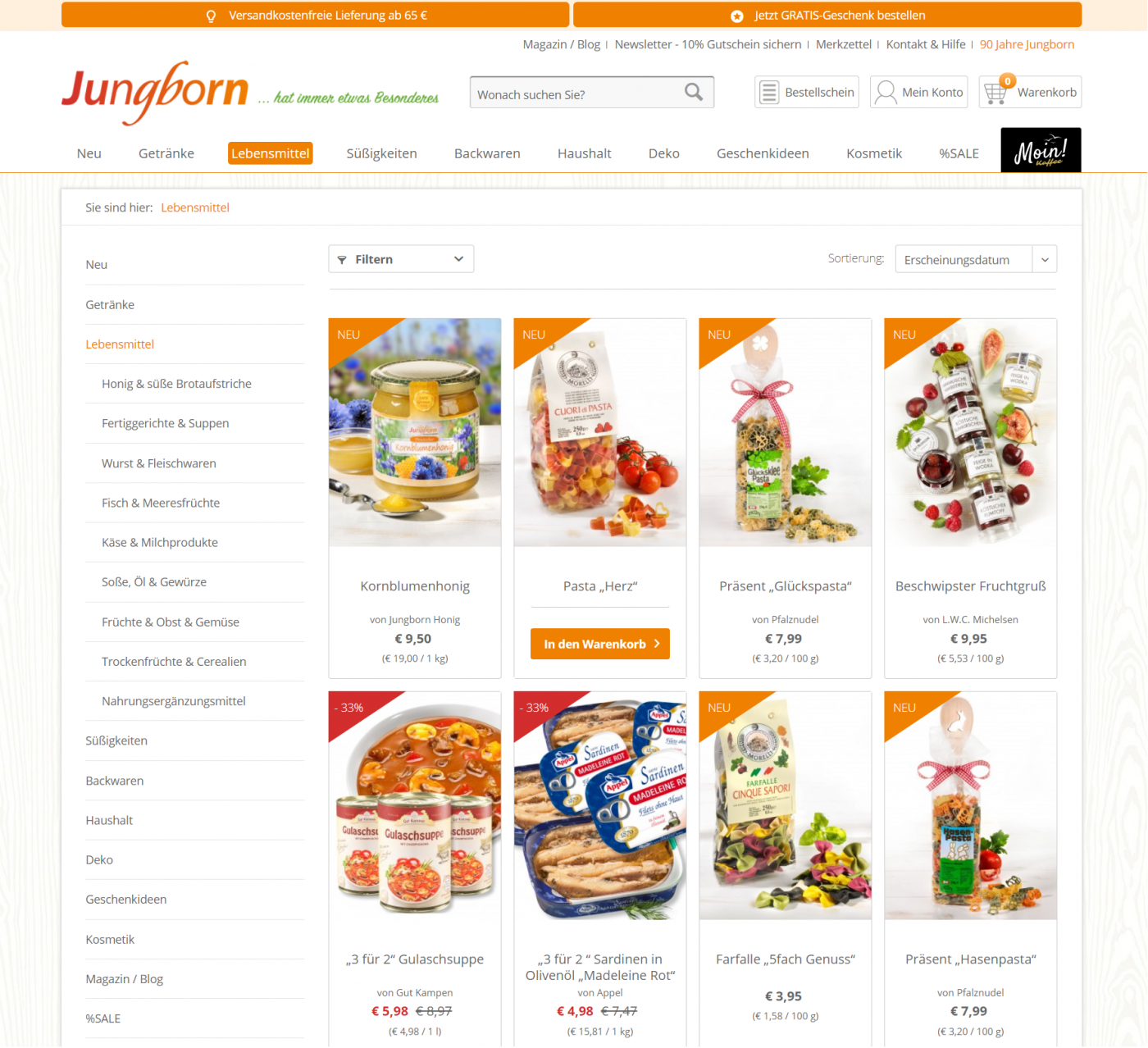
Do you have the impression that the older generations are often somewhat forgotten when it comes to e-commerce, even though they have a great deal of purchasing power?
Yes, the target group over 60 has been neglected for years. At the end of the day, markets are geared to volume; it's been seen that online consumers are young, so everyone pounced on these target groups for the time being. The silver generation was ignored for the time being.
But that has now changed, and more and more offers are being made for the silver generation. In the online sector, however, it is much more difficult to target offers solely at this group than it is with catalogs and an address distribution list.
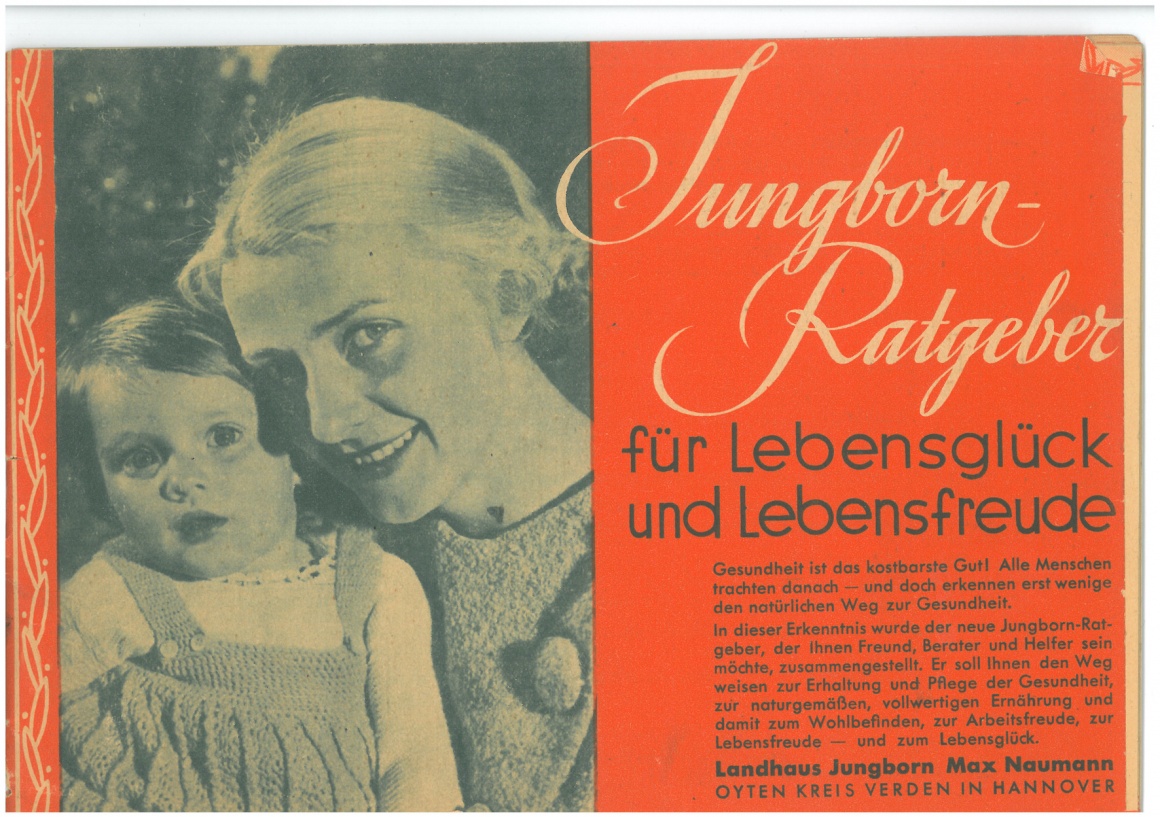
Jungborn has just celebrated its 90th anniversary. When you look from the past into the future, how do you want to approach the next years or decades strategically?
Print, the written order channel, will decline. Instead, we will spend significantly more online budget to increase visibility there. The online channel has many advantages in terms of ease of ordering. But you can't ignore telephone ordering either: We expect our call center to continue, if not expand. In this age of globalization, some people are longing for personal contact again.
And another big factor is a change in customer expectations: consumers are becoming much more critical. We're also noticing this among senior citizens, who are now asking questions they didn't ask five years ago about packaging waste, ecological compatibility and supply chain transparency.
What changes for general food retailing do you expect as a result of the pandemic?
I firmly believe that the "click and collect" model will become established. Likewise, delivery services like Picnic, getnow or even REWE online will continue to grow. Of course, the point at which this becomes profitable varies greatly from company to company. But they don't want to leave this market to Amazon.
EDEKA, for example, continues to invest in this field. Picnic has its own model with predefined delivery slots, which would initially be perceived as less customer-friendly. But this concept is probably the most likely to become a profitable model at some point.
Are you optimistic about the future?
We have a product range that is not available in large parts of the brick and mortar food retail sector. That's why we're quite relaxed about the development and see opportunities for us to grow with it as new windows open up in the online sector. We will continue to invest more money in e-commerce in the future.
However, a niche is of course only as good as its defensibility. Consumers and conditions are changing, and these are the challenges we all have to overcome with an agile corporate structure. If you stand still, you'll be out of business in no time. But we know the mechanisms and we know what we have to do.


